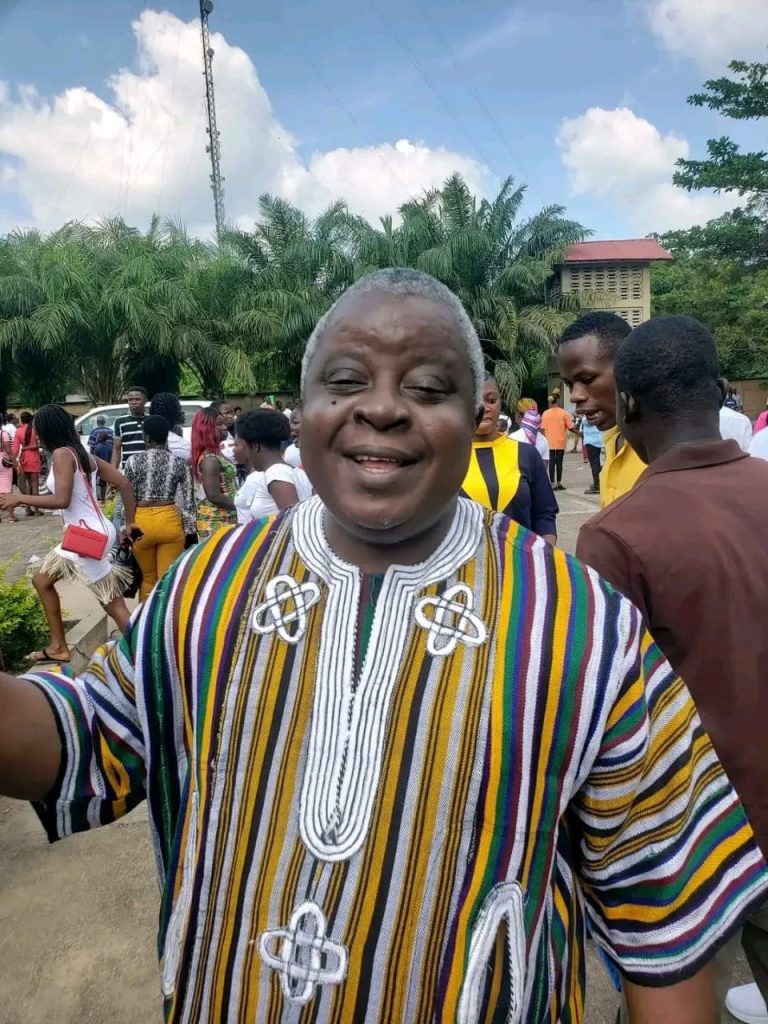Former Bong County Senator Franklin O. Siakor has launched a scathing critique of the Liberian government’s anti-drug campaign, arguing that true progress hinges on addressing alleged high-level complicity in the narcotics trade. Siakor contends that the government’s focus on street-level drug abuse is a superficial approach that ignores the deeper issue of powerful figures allegedly importing narcotics into the country. He pointedly accuses some lawmakers of being the “main importers” of drugs, asserting that any campaign that spares these individuals lacks credibility and will ultimately fail. Siakor’s remarks underscore a growing public distrust in the government’s commitment to tackling the drug crisis at its roots. He argues that rehabilitating lawmakers implicated in the drug trade should be the first step in any serious effort to combat the problem.
Siakor’s criticism extends beyond the drug issue to encompass broader concerns about governance and accountability within the Liberian government. He accuses the ruling Unity Party (UP) of hypocrisy, highlighting what he perceives as a double standard in their approach to corruption. He recalls the UP’s vehement criticism of the previous administration for alleged money laundering, contrasting it with the current accusations of similar misconduct against some of their own officials. This apparent inconsistency, Siakor argues, fuels public skepticism about the government’s sincerity in tackling corruption and promoting good governance. His comments reflect a broader public sentiment of disillusionment with the political elite and a demand for greater transparency and accountability in the management of public affairs.
While critical of the government’s approach to the drug crisis and issues of corruption, Siakor acknowledges some positive strides made in infrastructure development. He commends the ongoing road construction projects, recognizing their importance in facilitating economic growth and national development. However, he cautions against viewing infrastructure development in isolation, emphasizing the need for a holistic approach that prioritizes other essential sectors such as education and healthcare. Siakor argues that building roads alone is insufficient for genuine national progress, stressing the importance of investing in human capital through quality education and accessible healthcare. He warns that neglecting these fundamental aspects of development will hinder Liberia’s overall progress and leave its citizens vulnerable.
Siakor’s remarks resonate with a growing national conversation about development priorities and the need for a more balanced and inclusive approach. He emphasizes that true development encompasses more than physical infrastructure; it requires investing in the well-being of citizens, empowering them through education, and ensuring their access to quality healthcare. His perspective echoes the concerns of many Liberians who feel that the government’s focus on infrastructure development overlooks the equally crucial need for social development. Siakor’s call for a more holistic approach reflects a growing demand for development strategies that address the multifaceted challenges facing ordinary Liberians.
The former senator’s critique of the government’s anti-drug campaign adds a significant voice to the growing chorus of concern regarding the nation’s drug problem. His accusations of high-level involvement in the narcotics trade, coupled with his criticism of the government’s focus on street-level users, raise important questions about the effectiveness and sincerity of the current anti-drug strategy. Siakor’s call for accountability at the highest levels of power resonates with the public’s demand for transparency and justice, highlighting the need for a more comprehensive approach that tackles the issue at its source.
The Liberian government faces a critical juncture in its efforts to combat the drug crisis and address broader concerns about governance and development. Siakor’s remarks, along with the rising public frustration with corruption and impunity, underscore the urgent need for a more comprehensive and transparent approach. Restoring public trust requires not only addressing street-level drug abuse but also confronting the allegations of high-level complicity in the illicit trade. Furthermore, achieving sustainable development necessitates a balanced approach that prioritizes both physical infrastructure and crucial social sectors like education and healthcare. Addressing these complex challenges will require a genuine commitment to accountability, transparency, and inclusive governance.


